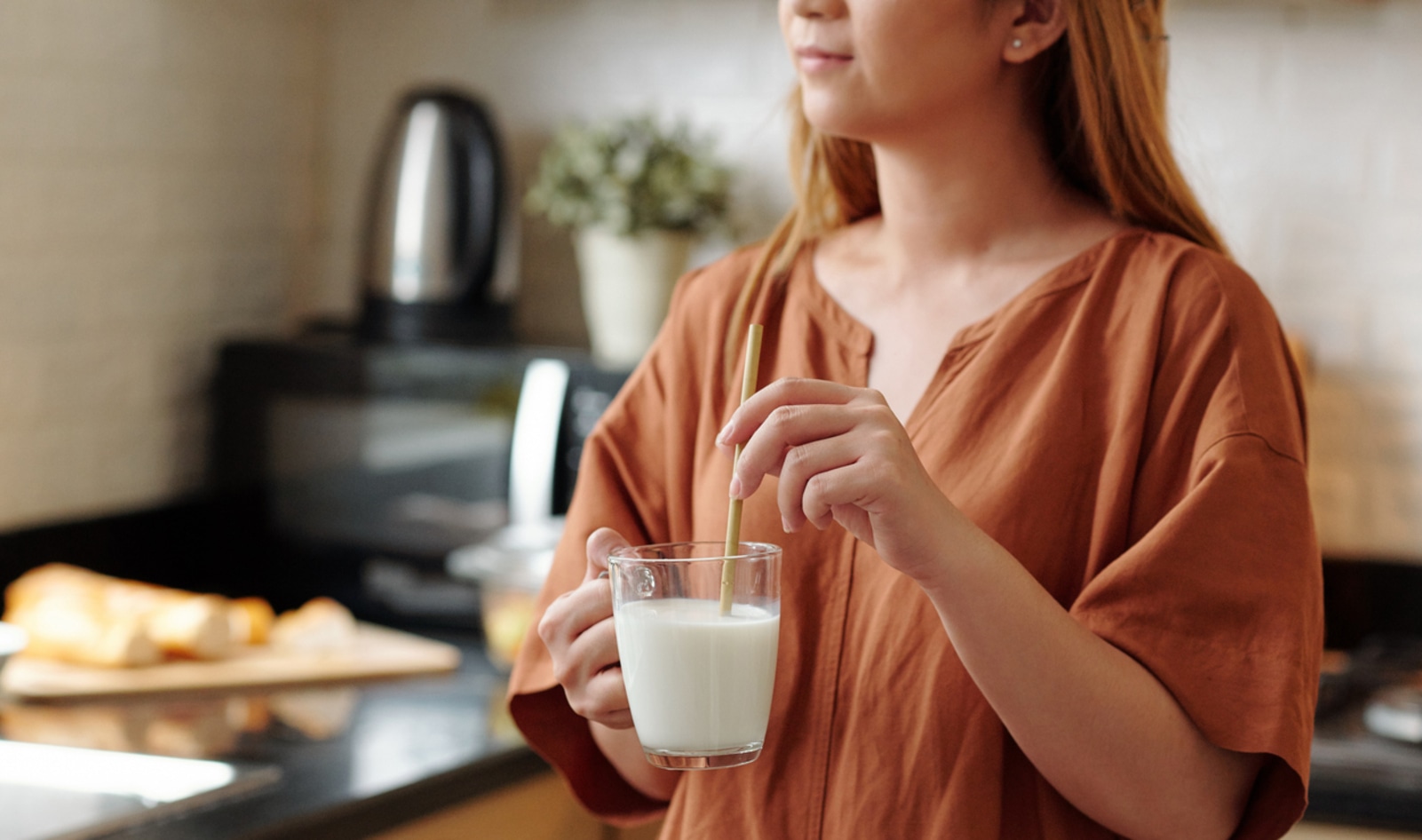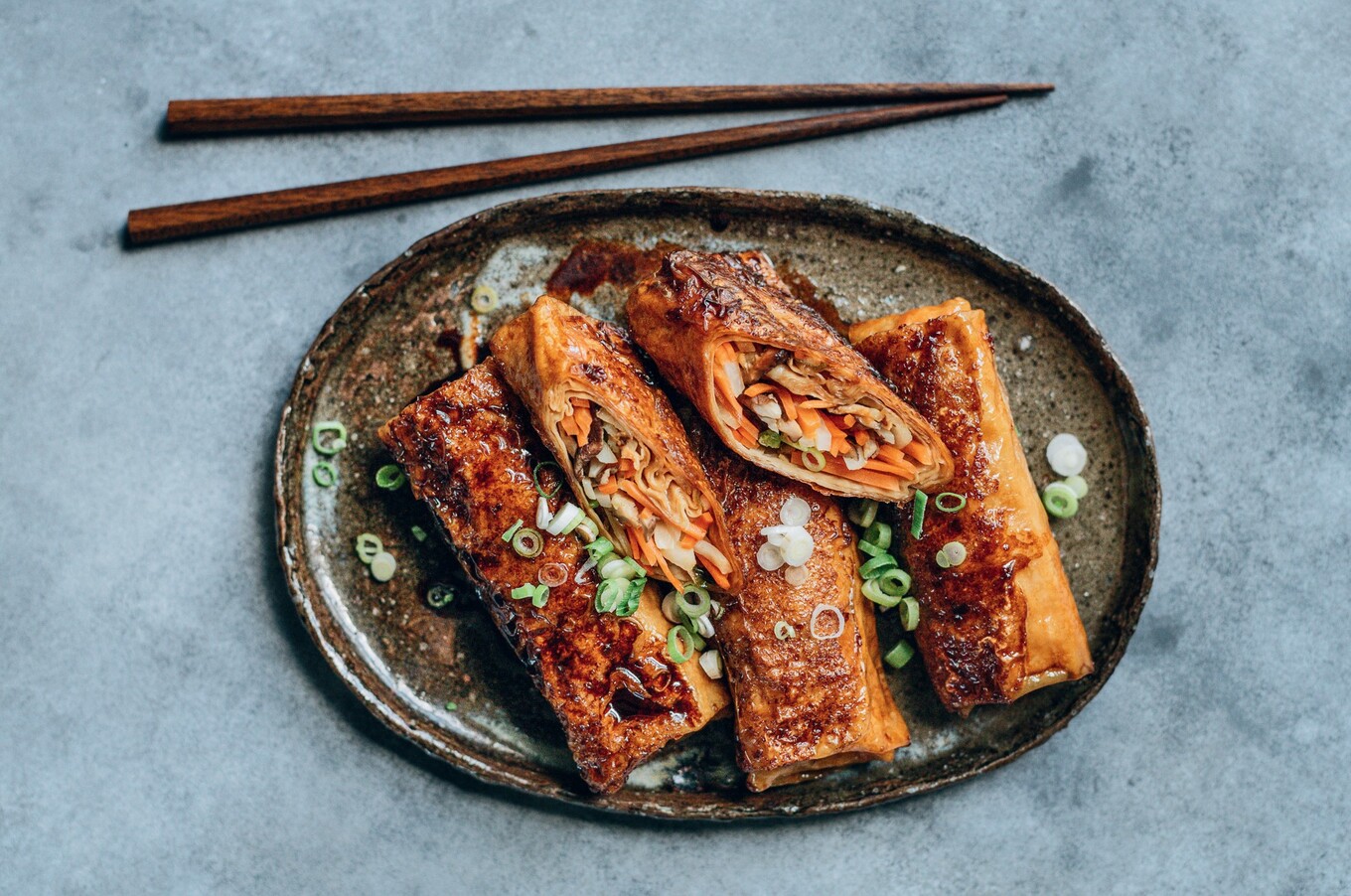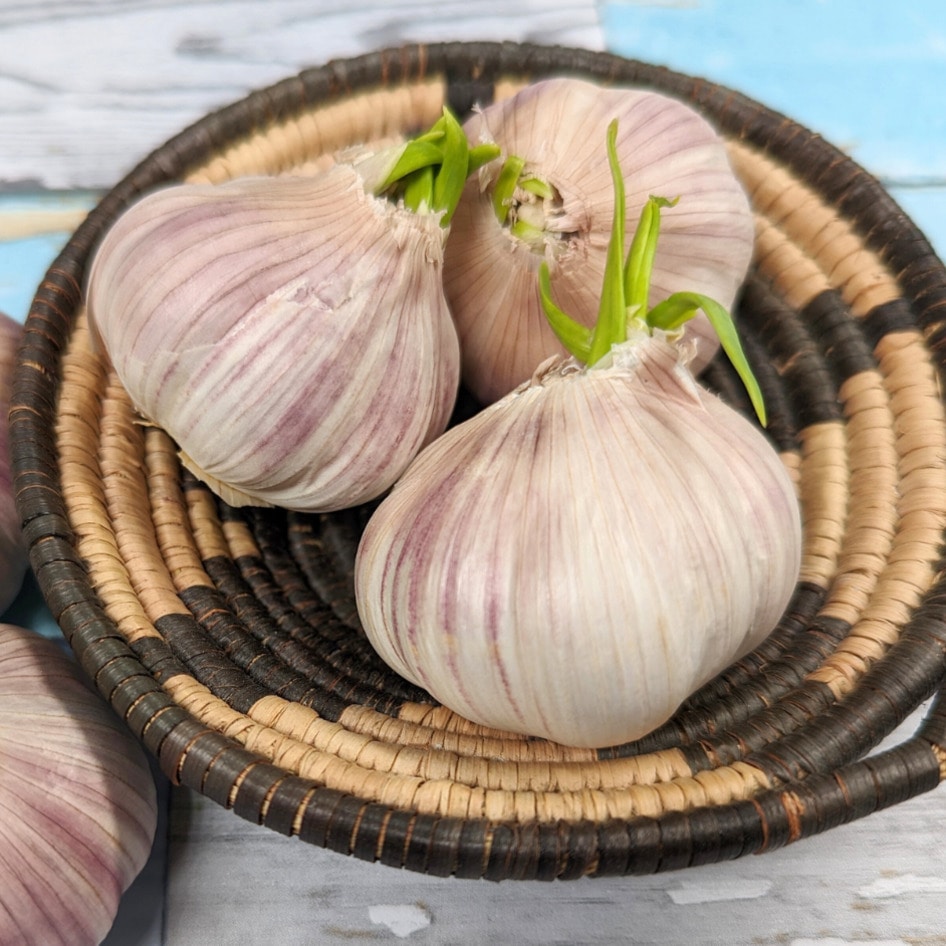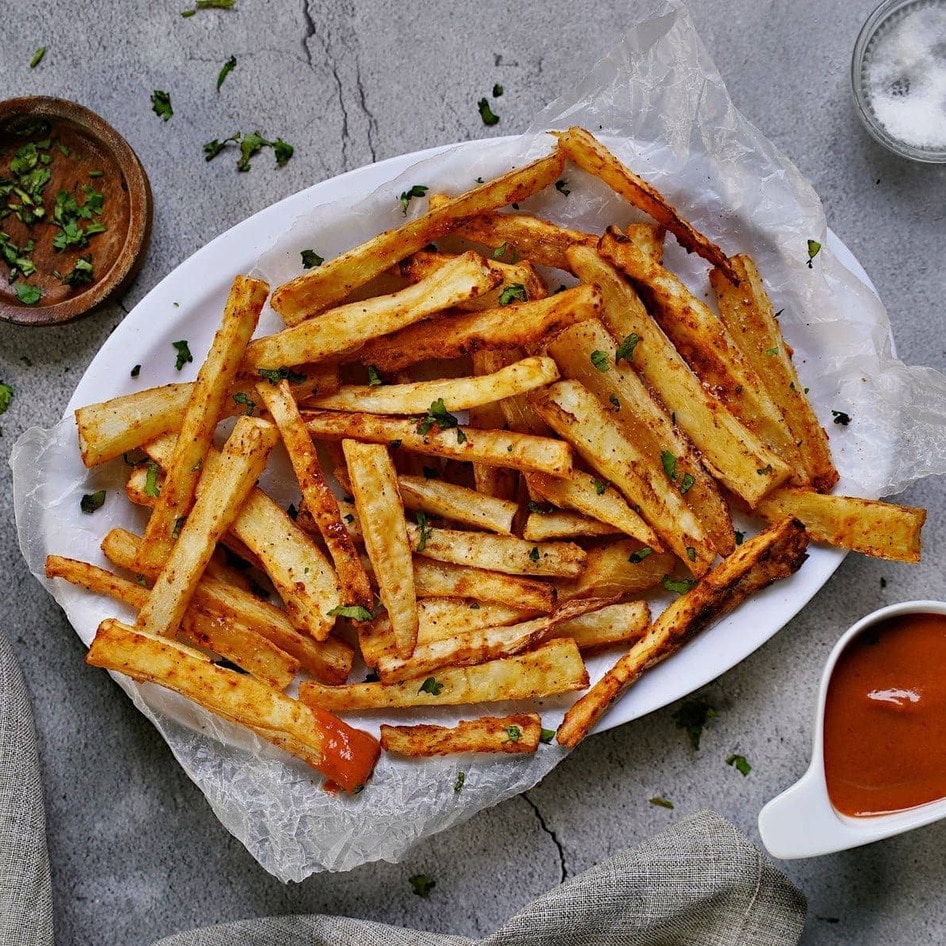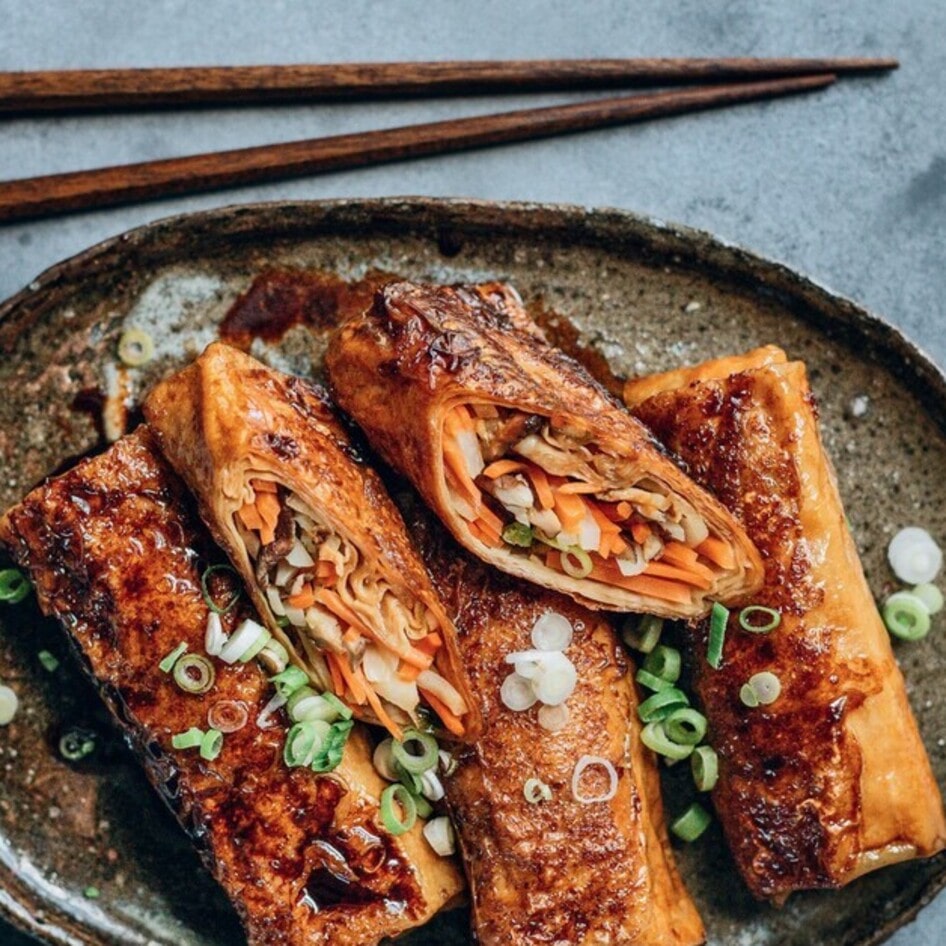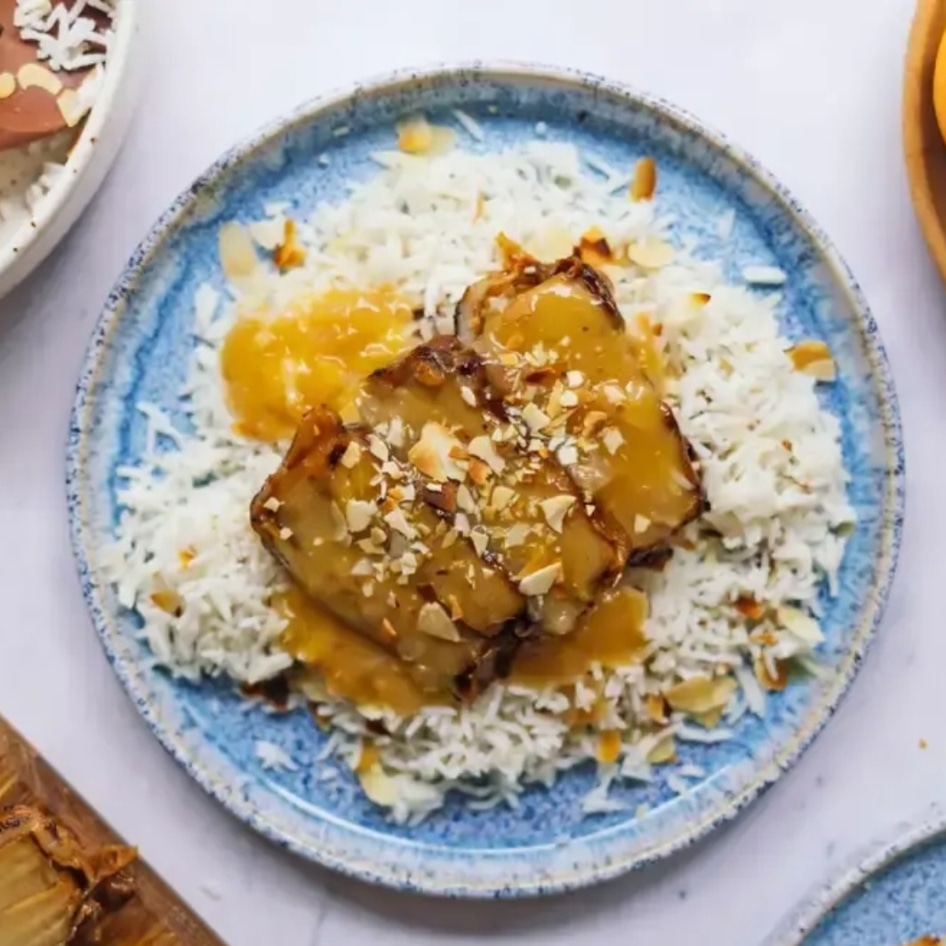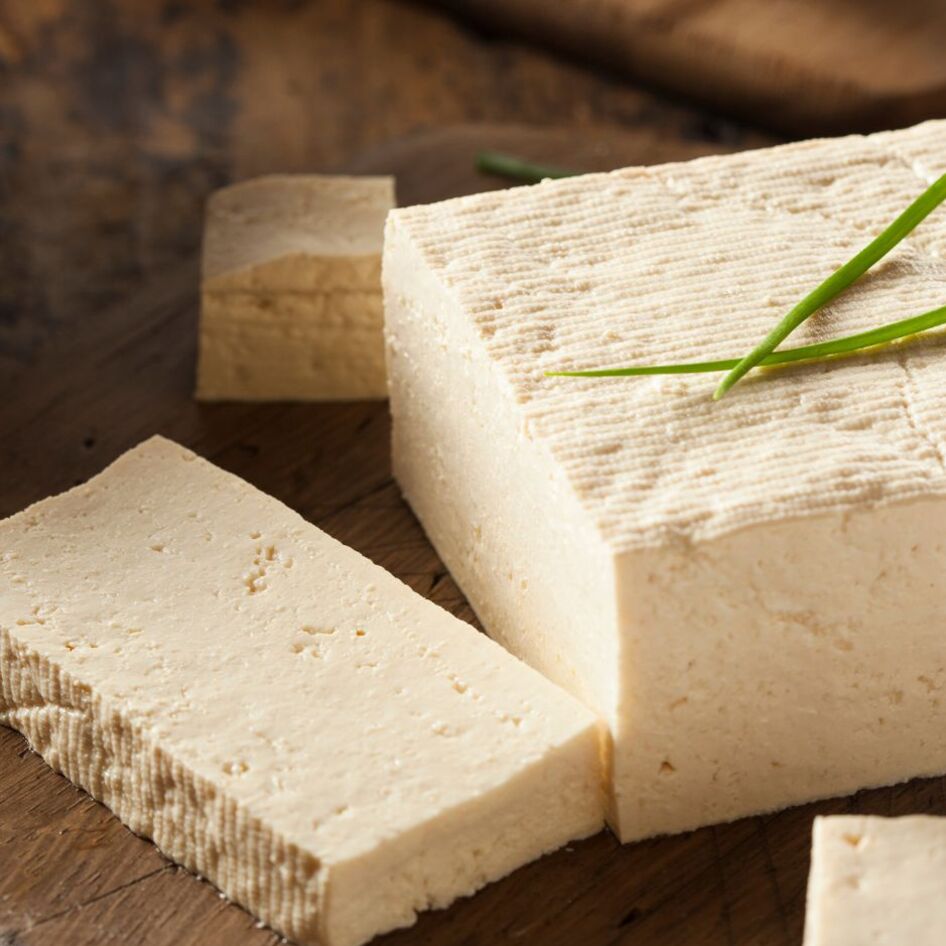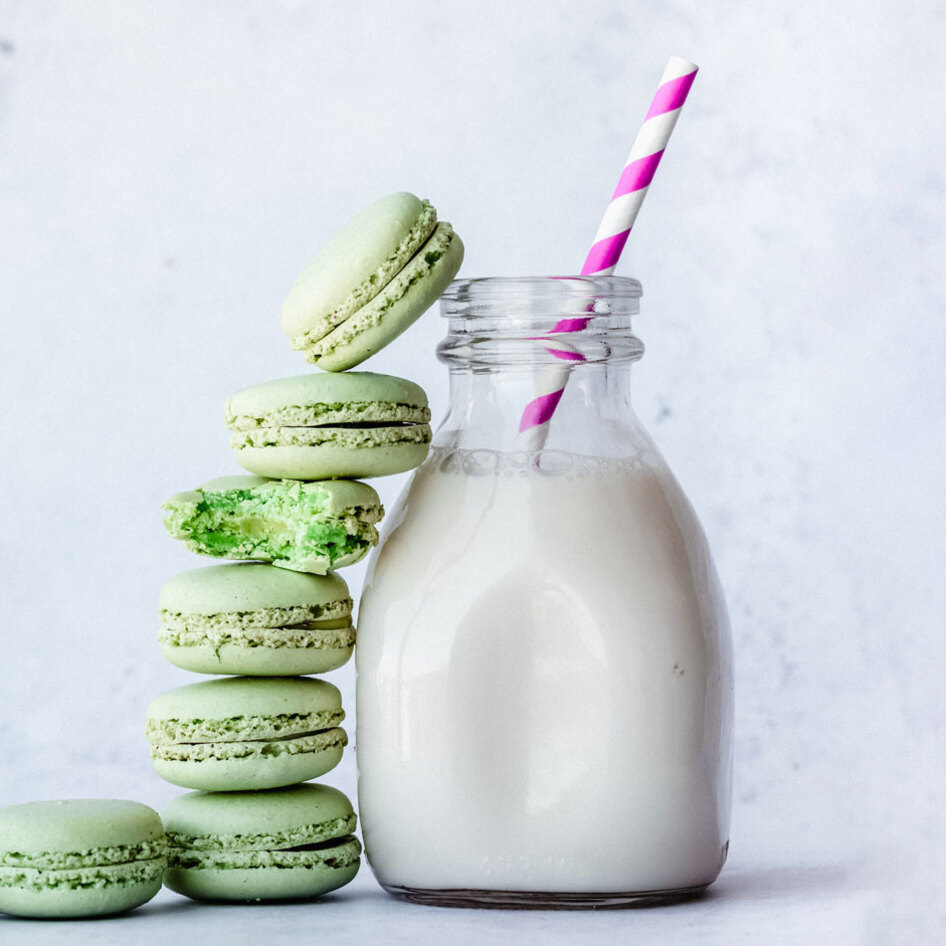People in China have always made good use of bamboo. Over the centuries, the plant has been used to create books, weapons, musical instruments, clothing, and so much more. It makes sense: the country is home to more than 400 bamboo species. In fact, according to the Food and Agriculture Organization, the plant takes up nearly 3 percent of China’s total forest area. Today, bamboo still features in many traditional Chinese dishes, but it has a lot of untapped potential, suggests new research. Scientists now say that the plant could even help feed the world’s growing population over the coming years.
By 2050, experts predict there will be almost 10 billion people on the planet, which is a heck of a lot of extra mouths to feed. Right now, there are reportedly around 8 billion humans on the planet, and sustainably feeding everyone already presents a challenge. Currently, our food system is heavily reliant on animal agriculture, which is driving up greenhouse gas emissions and destroying the rainforest. That’s no exaggeration. In the six years leading up to 2023, more than 800 million trees were cut down in the Amazon rainforest for beef production.
But if we switch to a plant-forward food system, we might have a chance of feeding everyone sustainably, experts suggest. In 2018, for example, one study published in the Proceedings of the National Academy of Sciences noted that switching to a plant-based food system would help to feed around 350 million more Americans. This would mean relying on more plant-based whole foods (which are also among the best foods for our health, research confirms), like potatoes, nuts, legumes, vegetables, and, potentially, according to new research, bamboo.
Could bamboo help feed the world?
A new paper, published in Trends in Food Science & Technology, outlines bamboo’s potential as a key ingredient to feed the world’s growing population. A key component in the diet of pandas, it is a good protein source, for example, as it has a higher amino acid content than many other vegetables. In fact, its high protein content is on par with cow’s milk, the paper notes.
Is bamboo milk on the cards? Maybe. Nobody has made milk from bamboo yet, but the growing dairy-free milk industry demonstrates just how many plants have the potential to become milk. Right now, you can buy everything from bambara nut milk to macadamia milk to hemp milk.
And the paper does highlight just how versatile bamboo is. The plant can be fermented, pickled, juiced, powdered, or cooked fresh. And just like most plants, when you eat bamboo, it could benefit your health in a big way. “Antioxidant activity is one of the most important functionalities of bamboo shoots,” the researchers noted. Antioxidants are plant compounds that help to tackle free radical damage in the body. When this damage builds up, it can lead to a higher risk of chronic diseases, like heart disease and cancer.
But one of the biggest benefits of bamboo is, arguably, how sustainable it is. Right now, China has an oversupply of bamboo, but if all of the shoots were harvested, this could increase production by around 150 million tonnes. And after that, the bamboo just grows right back. According to BBC Science Focus, it is the fastest-growing plant on the planet, and some varieties can grow nearly a meter in just one day. Bamboo also doesn’t need a huge amount of resources to grow, and it can grow in most soil types, too.
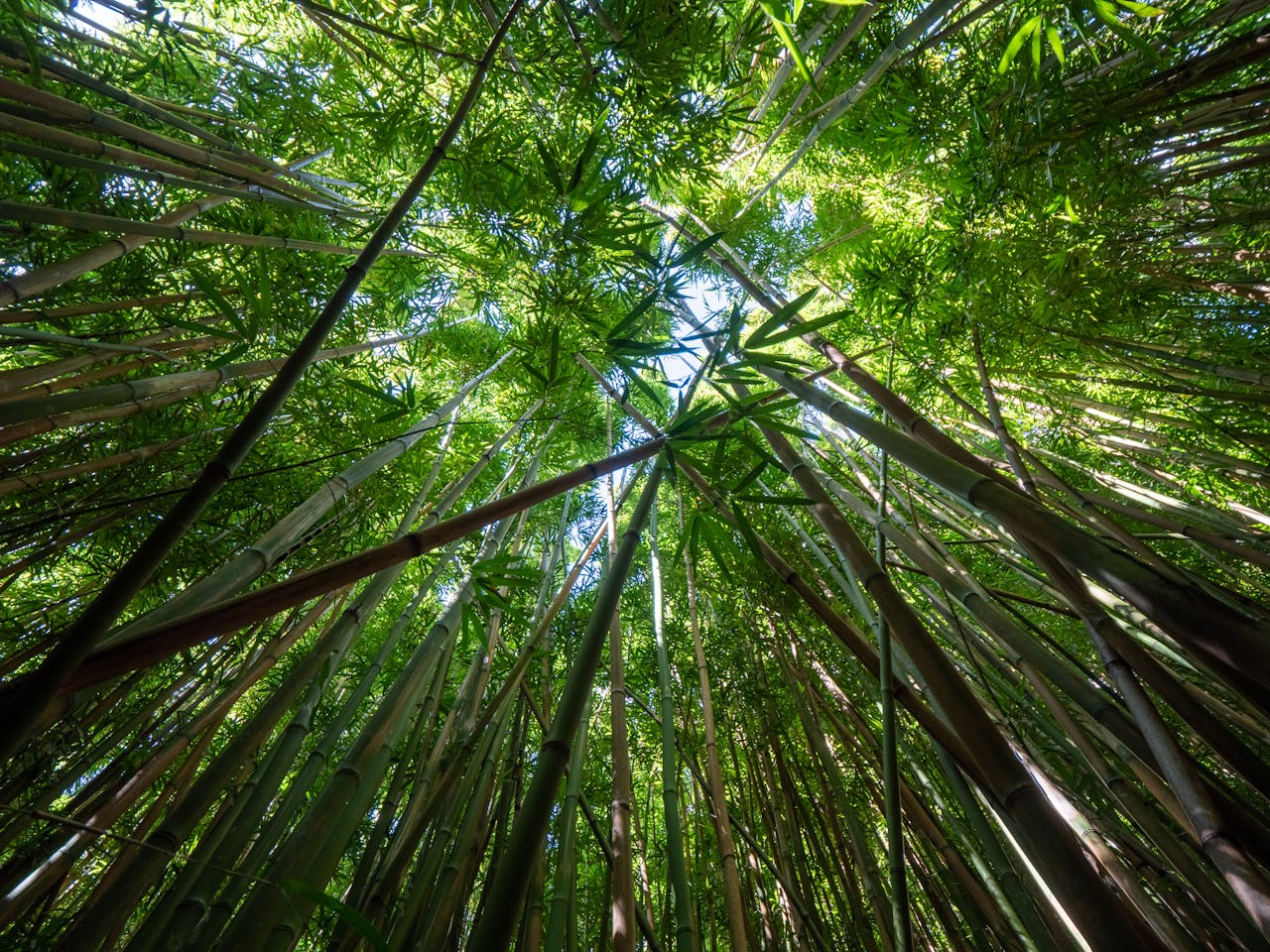 Pexels
Pexels
Further research is still needed
Bamboo is not a perfect solution, however. “Despite their potential, the utilization of bamboo shoots in the current food industry faces limitations,” the paper notes. It explains that a lot of the bamboo plant isn’t edible, for example, which could lead to a lot of wastage. Food waste is already a huge issue around the world. In fact, around one-third of the world’s food is wasted. With more research, however, the inedible parts of bamboo could be put to good use, potentially in the functional ingredients market, the paper notes.
Another issue with bamboo is that the plant also contains cyanide, which is a common defense mechanism in the natural world that helps to protect plants from predators. However, when humans ingest a lot of cyanide, it can lead to poisoning. There are ways to get around this, however, as effective processing can reduce the cyanide content.
There’s no doubt that when it comes to sustainable, plant-based food sources, bamboo is bursting with possibilities. “Bamboo offers the potential for sustainable food resources,” the paper notes. “[It could also create] opportunities for trade and export, which can contribute to the growth of local economies.”
For more plant-based stories like this, read:
JUMP TO ... Latest News | Recipes | Guides | Health | Subscribe

